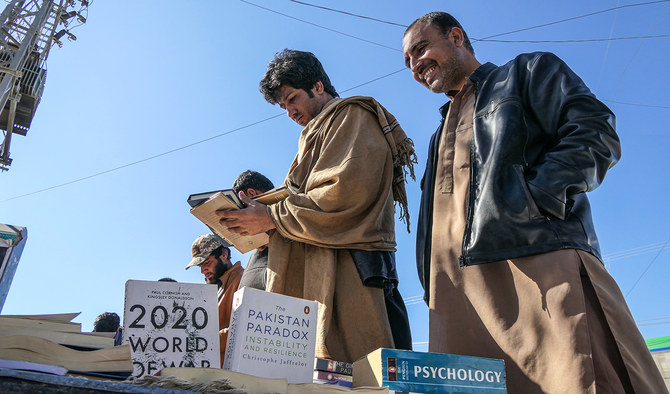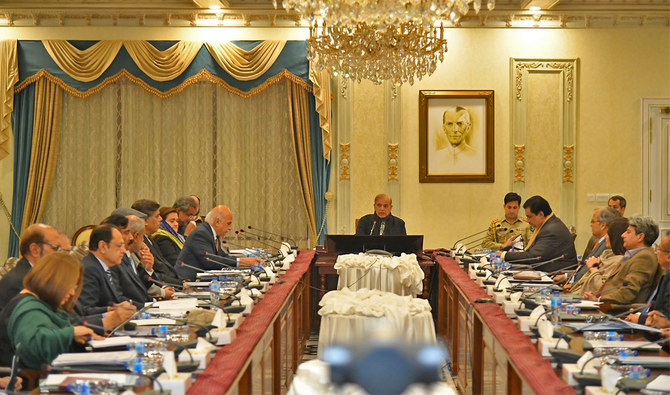(CTN News) Imran Khan, the chairman of the Pakistan Tehreek-e-Insaf (PTI) and a former prime minister, has warned that the nation would default if the International Monetary Fund (IMF) program is not implemented.
Is Pakistan going to default in 2023?
First, the present administration would use all of its resources and efforts to prevent such a situation since it would incur significant political costs, especially in light of the impending elections.
Second, given the possible internal and external security consequences, Pakistan’s foreign allies would not favor such a scenario.
Thirdly, the international and bilateral donors are still optimistic about Pakistan’s economy and would rather gamble on it than default and lose repayments, even if only for a few years.
The current position is neither ideal nor a time to be complacent. More than any other circumstance, a patient in the ICU is a cause for worry.
Although defaulting on sovereign debt is challenging for any country and its donors, it is an important component of the global economic system, and several nations have done so recently.
But in Pakistan, it has become so politicized and the subject of so much discussion that it sounds disastrous.
One school of thought holds that Pakistan’s current default may result in improved fiscal restraint and more responsible economic administration, whereas the opposing viewpoint paints a very gloomy picture of the probable default.
The simplest and most correct answer to the question of what can be done to prevent default would be to cease taking on new debt and start producing enough income to cover existing expenses and upcoming repayments of both internal and external debt.
Unfortunately, despite being a simple solution, Pakistan’s governance problems are quite complex.
It is challenging because we are concentrating on short-term fixes like asking the IMF, other donors, and friendly nations for bilateral help.
The allegedly excellent efforts of succeeding administrations to manage international and bilateral donors, and a new kind of aid known as friendly deposits, may be readily tracked and verified.
How long can it go on? Why not concentrate efforts on controlling our spending and income? Could we do that? Yes, without a doubt. Do we engage in it? Without a doubt, no.
The cause for worry, not the rounds of IMF discussions, is a single-digit tax-to-GDP ratio, with more than 60% of income coming from indirect taxes and GDP exceeding $300 billion.
To claim that we need to increase the tax and revenue base rather than the incidence and rates of present taxpayers may even seem redundant.
Have we ever performed a performance audit of public sector spending? The financial audits provide tales of billions of rupees being misappropriated annually in practically every area.
A true performance audit, however, would turn up a lot more astounding tales.
Value for money is scarcely a notion in our public sector spending. Consider any federal ministry as an example, and compare the amount spent on worker salaries to the non-salary yet ineffective overhead spending that often goes unreported.
In my best estimate, excessive spending is around four times higher than essential or staff-related spending in the top federal ministries.
The narrative around ‘public sector development spending’ is entirely different.
Simple math should be used to tally up all of these costs and outlays over the last 50 years, and the resultant sum should be more than enough to upgrade every city in Pakistan to the level of Paris or London, as well as its roads, education, and healthcare systems.
Unfortunately, the answer to the most often asked question—why are we here?—is true.
The most typical response to the fundamental question—why are we here, and can we escape this debt trap?—is that it seems implausible. Simply put, the calculations cannot provide a positive result.
Without continuous, durable, and coordinated measures to mitigate the aforementioned issues, the budget deficit, high inflation levels, a lack of medium- to short-term economic planning, and rupee depreciation do not indicate a positive condition for the future.
Due to the aforementioned considerations, Pakistan’s default on its sovereign debt may be averted or delayed very shortly (2023); nevertheless, this will only be the case for a little period unless we turn our attention within rather than abroad.
RELATED CTN NEWS:









